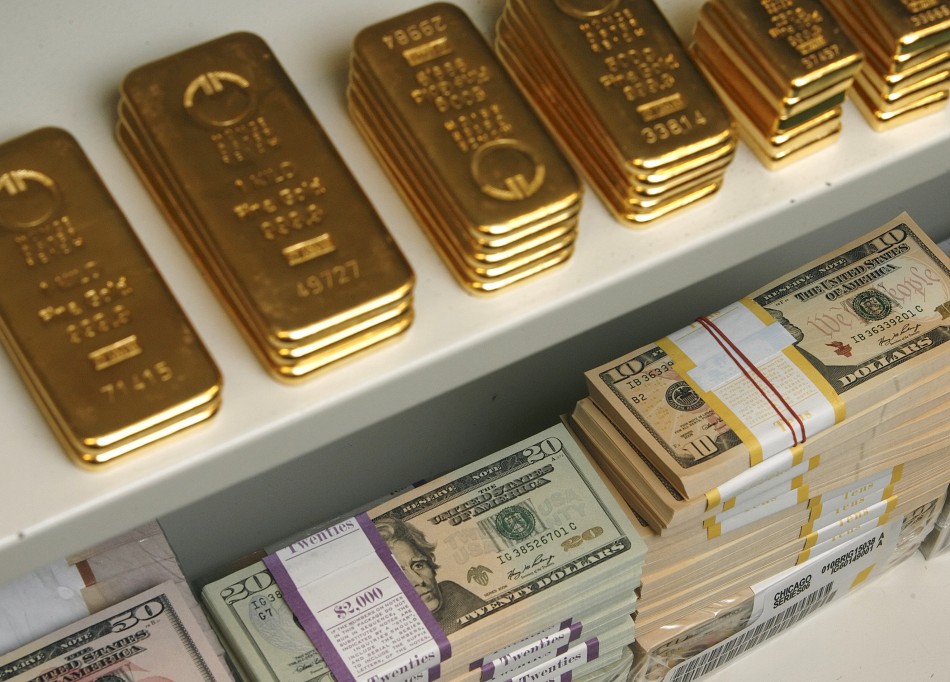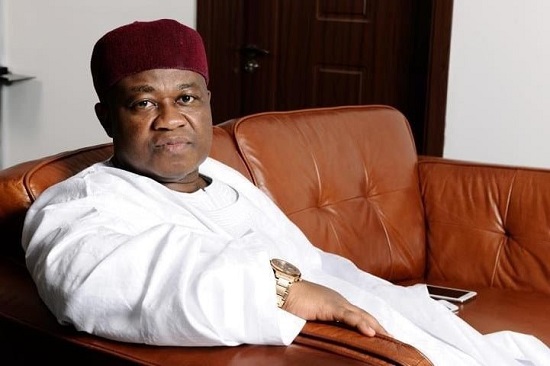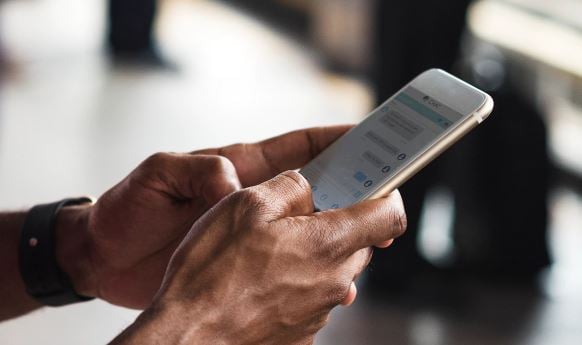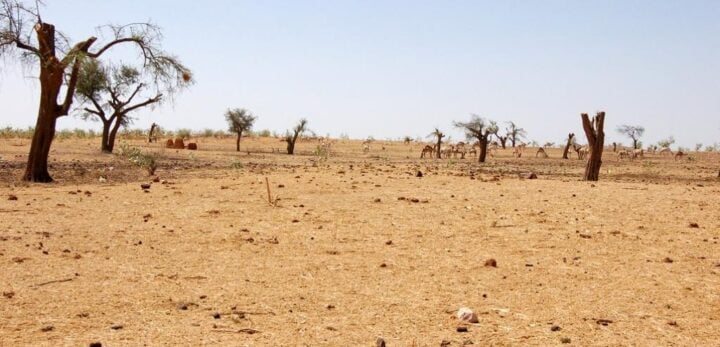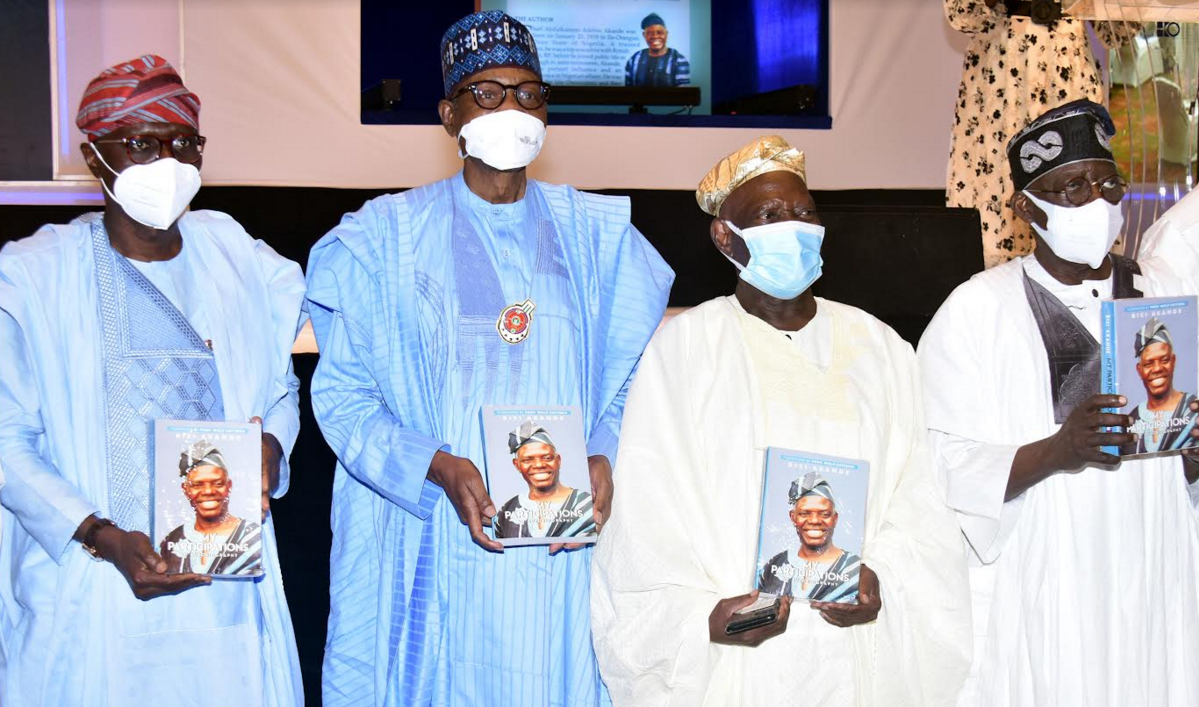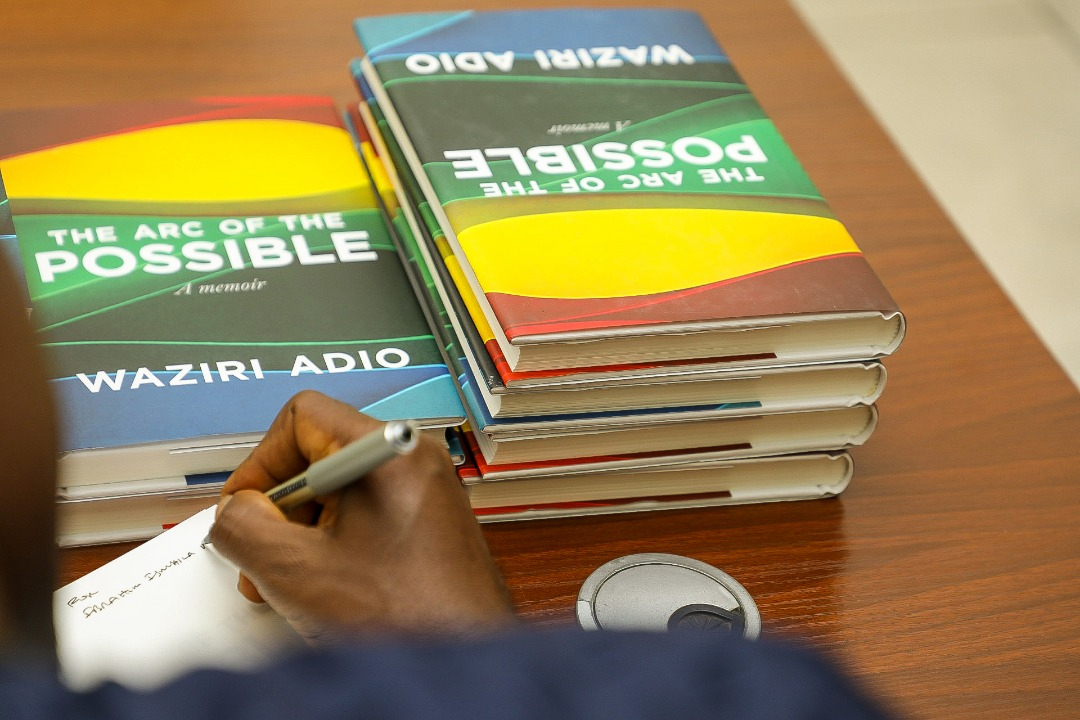America’s decision to “float” the dollar was based on two broad considerations. The first was to protect its gold reserves which against the background of several countries recovering from the effects of the Second World War and becoming competitive in global trade meant that the US would have to yield its gold reserves to support its deficits in global trade. US strategic economic planners wanted to maintain the dominance of America over the world and they reckoned that if they continued to shore up the dollar with American gold reserves the country will end up indebted and bankrupt again as happened in the 1930s.
But ‘’floating’’ the dollar itself they also discovered was not a sustainable solution because if the dollar was not tied to some commodity of universal value then the risk of it being a worthless piece of paper sooner than later with all the attendant economic consequences to the US will manifest.
This was what informed the idea to use ‘’petrodollars’’ as peg for the ‘’floating’’ the dollar. In this regard, the US having realised that crude oil and its products was of universal application and that most of the trade in the commodity was in dollars decided to anchor the dollar to the global crude oil trade. And knowing the volatility in the prices, production and above all the instability of the Middle East where the bulk of the commodity is sourced, the US decided to set up a ‘’Rapid Deployment Forces’’ based in Florida to instantly and forcibly invade if necessary to ensure that no disruption in oil supplies takes place anywhere in the region. This force was later integrated into the US Strategic Military Command structure and renamed US Central Command which played the lead role in the Gulf wars that evicted Saddam Hussein in Kuwait and subsequently in Iraq itself. In effect the US economy since 1971 has been propped up arbitrarily by “petrodollars’’ and by the might of the US Military intervention force which accounts for the need to keep about 800 bases around the world.
What has all these high wire International strategic manoeuvres got to do with the IMF you may ask?
Advertisement
Plenty. First of all by unilaterally ‘’floating’’ the dollar, the US contravened one of the cardinal principles of the IMF which it set up and pledged to guarantee. As the IMF principles required, such decisions were to be tabled and discussed by member countries before a decision could be taken. But the US felt no need to comply with this obligation.
Secondly the move goes against the principle of International economic relations and the free market mechanism which the US ironically has been the global chief priest and promoter. In doing so the US signalled that it was not ready to allow its currency to be subjected to the free market principles which it champions but instead will use arbitrary, interventionist policies to protect it in negation of liberal economic practice. It is clearly a throwback to the nationalistic, mercantilist approach to resolving economic issues which was prevalent during the 1930s and which resulted in the bankruptcy of nations during that era. It was principally to prevent a reoccurrence of this that the IMF was established by ironically the US.
But more importantly for countries like ours the ‘’floating’’ of the dollar without the backing of US gold reserves, exposed us to the harsh vagaries of the global economic system. Whereas when the dollar was secured with US gold reserves we could hope to have relatively stable economic development projection, now with the dollar in such an uncertain state, our economic development became haphazard. Not only do we have to pay the odds for oil prices which are controlled by the US, we also have to pay off the debts that accrue from the huge loans we take from International lending agencies again led by the US as well arrange to shore up our balance of payment obligations all to the US. In such a situation how much can a country carry without going under for God’s sake?
Advertisement
It was at this point that the US decided to unleash the IMF as its global economic enforcer in the full knowledge of the economic difficulties that developing countries have been subjected to by its unilateral, mercantilist economic policies.
The IMF role in these circumstances became one of a ruthless, muscle bound enforcer forcing on developing countries harsh, unrealistic economic policies. This was all in order to create conditions for the stripping of much needed development capital from developing countries to the developed countries that to fund their high living standards and continue their dominance over developing countries like ours.
In this regard, the IMF targets those areas of our life that our governments are obliged to necessarily invest in and support for our future development. Using the term ‘’subsidies’’ repeatedly in a pejorative way the IMF compels our governments to withdraw it claiming that it fosters ‘’corruption’’ and ‘’inefficiencies’’ in the system.
But we all know from our experience under the Structural Adjustment Programme first implemented by President Ibrahim Babangida, that removal of subsidies instead of removing corruption and bringing about efficient management of resources actually encourages it. For example our first and second generation Universities which functioned and produced quality graduates as a result of support from government are now a poor shadow of what they once were. Similarly, our healthcare system through our general hospitals which we relied upon to provide basic and qualitative health care now have become something else.
Advertisement
By asking our governments to remove these necessary support which it derisively calls ‘’subsidies’’ the IMF is actually and knowingly destroying our social system net, our quality of life, stripping and preventing the retention of our internally generated capital resources and transferring it to the developed world. Today we have to send our kids abroad at great cost to acquire the type of quality education that we got right here in Nigeria; we need to travel abroad again at stupendous cost for basic health and Medicare. Through the instrumentality of the IMF our competitiveness and ability to provide services and plan for the future development of our country have been decimated opening us to the vagaries of harsh global economic environment
Ironically while the IMF frowns at what it calls ‘’subsidies’’ in our systems it ignores the existence of such humongous subsidies in the economies of developed countries. Subsidies in the developed world are called ‘’endowments’’ in the educational sector, ‘’tax breaks and incentives’’ in Industry and manufacturing and massive government bailout funds for exposed banks and financial institutions. The agricultural sector in all the countries of the developed world are heavily subsidised in several ways to keep the farmers from bankruptcy. Indeed the ‘’subsidies’’ the IMF is asking us to remove actually goes towards subsidizing the high life of the developed countries through capital transfers by the public officials who will be charged with administering the subsidy removal. This they will do through so called offshore ‘’tax havens’’ etc.
The IMF verily is an arm of economic warfare deployed by developed countries against developing countries no more, no less.
What then can we do this instrument of economic warfare on our backs?
Advertisement
There is need for the drastic reformation of the governance and operational system of both the IMF and the World Bank. Nigeria must lead the call for changes in the leadership of both Institutions to allow for the appointment or election of persons from developing world as either Managing Director of the IMF or President in the case of the World Bank. From Nigeria I can think of the likes of Akinwumi Adesina at ADB, Ngozi Okonjo-Iweala at WTO, Amina Muhammed at the UN and even Sanusi Lamido Sanusi (if he can be persuaded to drop his abiding pretentions to the Kano Emirate throne). We can also tap Kaberuka of Malawi and Babacar Ndiaye from Senegal too. The leadership of the two global institutions should no longer be reserved exclusively to Europeans and Americans as the practice has become anachronistic and not in tune with our present global reality.
In pursuing the reforms of the operational procedure of the two institutions we must insist that the template of engagement with developing countries which places emphasis on removal of subsidies which is then transferred to developed countries through all kinds of financial manipulations must be progressively eliminated. Developed countries must not continue to believe that their living standards must be secured at the expense of developing countries; if subsidies are good for them so also for the developing world.
Advertisement
It was this sort of thinking that caused both the First and Second World Wars and if we continue on this trajectory, the world will not be a safe place eventually for both the developed and developing countries.
08035355706 (SMS only)
Advertisement
Views expressed by contributors are strictly personal and not of TheCable.

